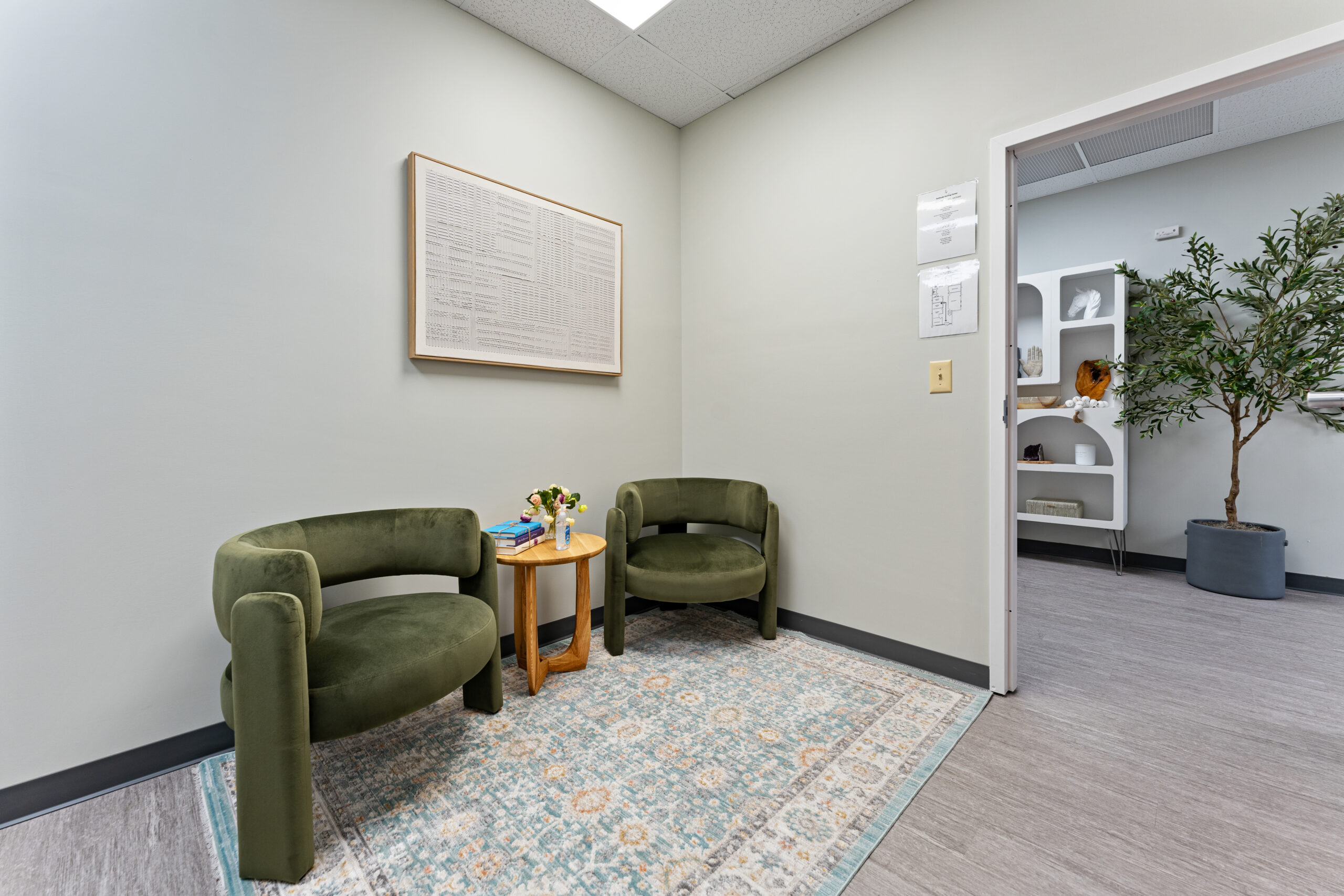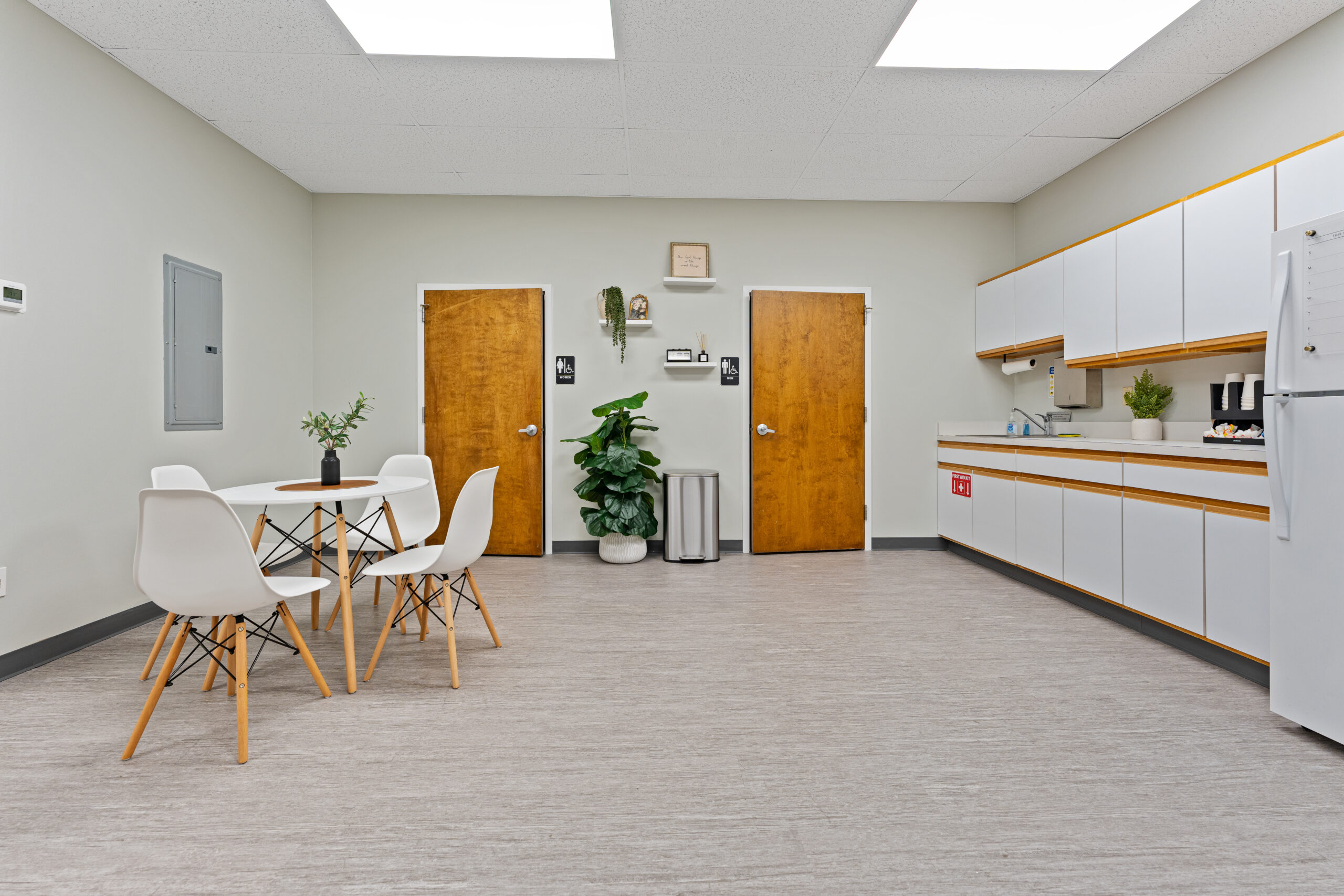Postpartum depression (PPD) can show up in a wide range of physical, mental, and emotional symptoms, and recognizing these signs early is crucial for seeking timely help. Emotionally, mothers may experience persistent sadness, hopelessness, or emptiness that lingers far beyond the typical “baby blues.” Overwhelming anxiety or constant worry about the baby’s health is common, along with irritability, anger, or frequent mood swings. Some women struggle to bond with their baby or feel emotionally disconnected, which can bring about guilt and a fear of being an inadequate parent. In severe cases, thoughts of self-harm or harming the baby can occur, and immediate emergency help should be sought if this happens.
PPD also carries physical symptoms that go beyond mental and emotional changes. Chronic fatigue or extreme exhaustion may set in, even when the baby is sleeping. Appetite changes—either eating too much or too little—can develop, alongside trouble sleeping, decreased energy, and low motivation for daily activities. Many women also report unexplained physical aches and pains without a clear medical cause, adding another layer of distress to their recovery period.
Cognitive symptoms are another hallmark of PPD. Mothers may have difficulty concentrating or making decisions, feel mentally “foggy,” or be plagued by persistent negative thoughts. This mental cloudiness can make it even harder to manage the demands of motherhood, exacerbating feelings of inadequacy or isolation.
If left untreated, postpartum depression can have serious effects on both the mother and her baby. For the mother, untreated PPD increases vulnerability to chronic depression or anxiety disorders, strains relationships with partners, family, and friends, and can lead to self-isolation and reduced social interaction. For the baby, the impacts can include delayed social and emotional development, difficulty establishing a secure attachment with the mother, and an increased likelihood of behavioral or cognitive challenges later in life.
Seeking treatment for postpartum depression is not only essential for the mother’s well-being but also for the healthy development of her child. With professional care, mothers can begin to heal emotionally, regain their energy, and strengthen the bond with their baby—ultimately fostering a healthier future for both.










